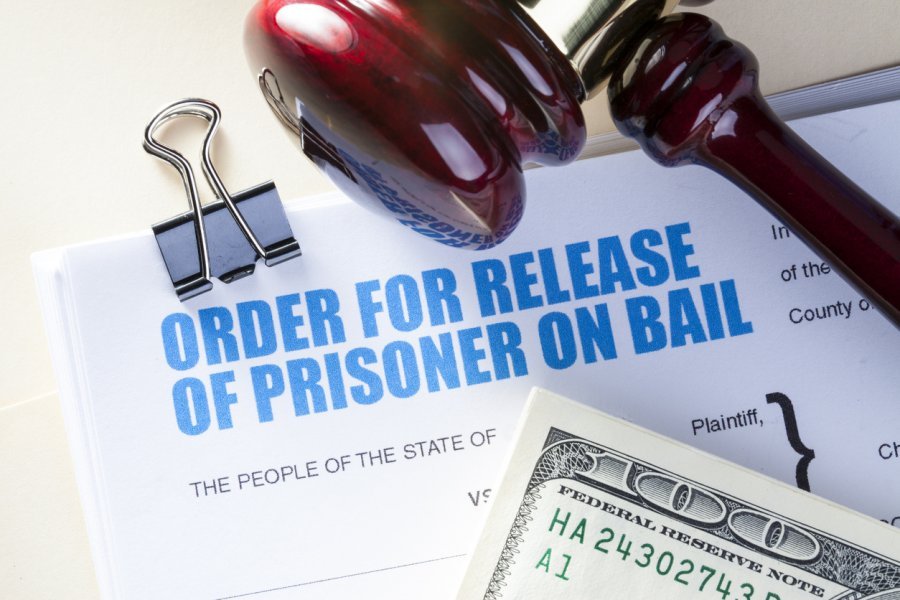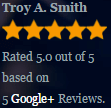In New York, the bail system needs a bit of work. Fortunately, public defenders are well aware of this fact. They are working to change New York’s bail law. If they are successful, they could make sure that your finances don’t dictate your freedom.
Understanding New York’s Bail Law
If you go to criminal court in New York, then the proceeding is likely to be similar to other proceedings. First, you go before a judge for your arraignment. Then, the assistant district attorney requests that the judge sets bail. Finally, the judge asks you to either pay the full bail immediately or to visit a bail bondsman. Unfortunately, neither option might be feasible for you. Many defendants can’t afford to pay a bail in-full. And going to a bondsman can be very expensive and lead to a life of debt.
As a result, most defendants do neither. Instead, they spend time in jail. That length of time can be as short as a few weeks or as long as a few years. Left to stay behind bars at Rikers Island, the defendants have to wait for their trials to occur. About three-quarters of the jail population of New York City are waiting for trials. They have no convictions. However, they can’t afford to be on the streets.
New York’s bail law is only beneficial to those who have money. When people with low incomes get arrested, they sit in jail until their trials. Meanwhile, those who have high incomes roam free. It’s an unjust system.
The Current Law
Although New York has a major problem with judges setting high bails, the law isn’t to blame. Instead, it’s a question of common practices. The law itself gives judges options. In fact, New York has one of the best bail laws in the US. According to New York’s bail law, a judge can choose from one of nine types of bail. One of those types is no bail whatsoever. In all cases, the judges should consider whether or not a defendant can afford the bail.
Nevertheless, judges ignore the law. There are several reasons for this. For one, they don’t want to take responsibility for letting a “criminal” go back on the streets. Some newspapers or magazines could give the judge bad publicity. But judges don’t deserve all the blame. There’s also some responsibility on the shoulders of public defenders. Instead of fighting bail, may public defenders accepted it. They didn’t have the time or resources to do otherwise. With no one fighting the bail, judges had no reason to change their practices.
Changing the Law
In Brooklyn, public defenders hope to make a difference to New York’s bail law. They use the Brooklyn Defenders Service as a tool to help defendants. After a judge sets a high bail, the Defenders Service challenges the bail order. The court could still deny the challenge. However, the Defenders Service then appeals the decision.
By challenging the bail, the defenders believe that they can get judges to understand the flaws in New York’s bail law. Originally, bail was away to make sure that a defendant would come back to court. It was collateral. However, now it is a way of punishing someone who can’t afford to pay for freedom.
If the Brooklyn Defenders Service can get judges to embrace the idea that the bail system needs to change, then change could happen. In addition to making judges aware of the issue, it also holds them accountable. The appeal process requires a judge to explain the reason for setting a bail. If there is this added accountability, then judges might think more carefully about setting the bail. It’s a small step towards eliminating a bail system that unfairly treats those who have low incomes.
Why is Change Necessary?
There are several reasons that New York’s bail law needs to change. Here are a few of those reasons:
1. Injustice
First and foremost, the bail law is unjust. It treats people with money better than those without it. For a country that is based on equality for all, the bail law seems to go against everything for which the US stands.
2. High Prison Population
With so many innocent people sitting in jail, New York has a high prison population. However, that could change with bail reform. Fewer people would be in jail. As a result, there would be fewer issues with prison overcrowding. It would also save the government money on the cost of housing inmates.
3. It Encourages People to Take a Plea Deal
When you sit in jail for a crime that you did not yet go to trial for, you might do anything to get out. For example, you might take a plea deal. Many defendants take plea deals because they don’t want to sit in prison anymore. Whether or not they committed crimes, they take the deals. The consequences of their plea deals can haunt them for the rest of their lives.
Change is possible. Until then, you need protection from an experienced defense attorney. He may be able to prevent you from getting a high bail that you can’t afford.












